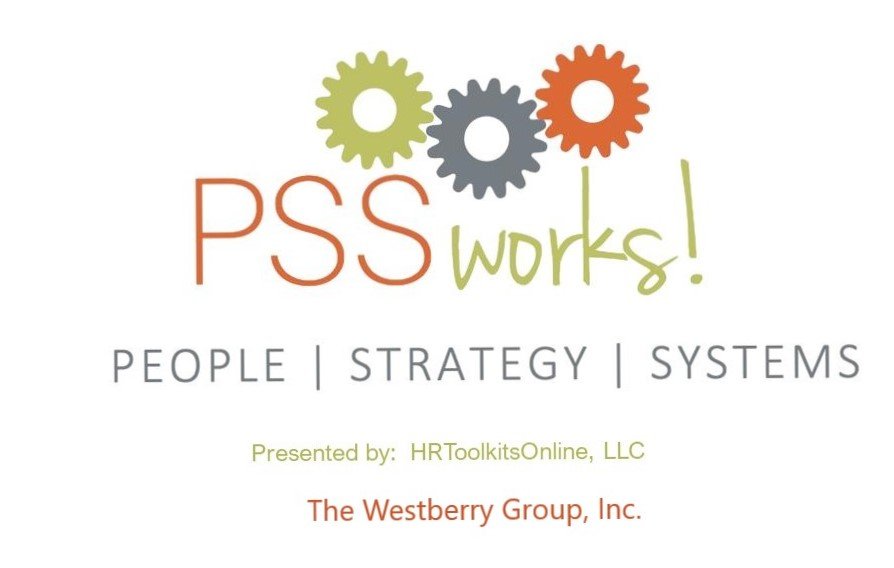ADA & the COVID19 Vaccinations
In our last newsletter, the HR Question of the Week was: “Why do I need to be concerned about the American’s With Disabilities Act (ADA) if I require COVID19 vaccinations for employees returning to the workplace?”
It’s a great question, and we felt it was important to not only answer that question but also give you a quick summary of the American’s With Disabilities Act (ADA) itself and how it impacts employers who are requiring their employees to be vaccinated before returning to in-office work.
The Equal Employment Opportunity Commission (EEOC) is the governmental agency that is responsible for upholding the anti-discrimination laws. A part of their responsibility is the enforcement of the American’s With Disability Act (ADA) law which ensures employees are not discriminated against or harassed due to a disability.
According to the Dept. of Labor (DOL) and the Equal Employment Opportunity Commission (EEOC), employers MAY mandate that employees be fully vaccinated before returning to the workplace. However, they are prohibited from discriminating or retaliating against those who may be unvaccinated when it is due to two specific reasons.
When an employer mandates vaccinations for employees returning to the workplace, the EEOC said there are only two valid reasons why an employee may be unvaccinated and still be eligible to return to work. They are:
If the employee has a bona fide medical condition which prevents them from receiving the vaccine.
If they have a seriously held religious belief that prohibits them from getting vaccinated.
These two reasons for refusal are covered under the ADA and the employee may be exempted from the vaccination requirement if they can provide valid proof for the request.
If an employee raises either of these two reasons why they cannot or have not yet been vaccinated, the employer must begin the first step of the ADA’s request for accommodation procedure called the “Interactive Process or Interactive Conversation”.
This is the point where the employer can ask why the employee should be medically exempted or what religious belief qualifies them for an exemption. The purpose of this conversation is to establish the credibility of the requested reason and to determine if it is qualified under the ADA and/or EEO laws. The goal is to determine what, if any, accommodations can be made to enable the employee to safely return to the workplace.
Where the accommodation will not create an undue financial hardship and is within the company’s ability to grant the accommodation, the employer is required by law to provide the accommodation and may not retaliate against the employee because of the request.
Understanding the basics of the ADA law and the ADA process as it pertains to COVID19 is important for all employers and their front-line managers. It is especially important for those who lead the ADA process to become well versed with ADA’s interactive process and how their actions and decisions will affect the safety of the company and its employees.
To help you better understand the EEOC’s views of how employers should manage vaccinations in the workplace, we’ve posted Reference Guide from PSSWorks! that contains the “K. Section-Vaccinations” of the EEOC’s publication, WHAT YOU SHOULD KNOW ABOUT COVID-19 AND THE ADA, THE REHABILITATION ACT, AND OTHER EEO LAWS.
So, there you have it. Everything you wanted to know about the ADA and COVID19 vaccinations.
Our HR Question of the Week: “My company is going to be mandating vaccinations before employees return to the workplace. Do I need a Vaccination Policy and what do I need to know before I start writing one?”
Be sure to join us next week when we’ll drill down into what you need to know before you start writing your Vaccination Policies.

